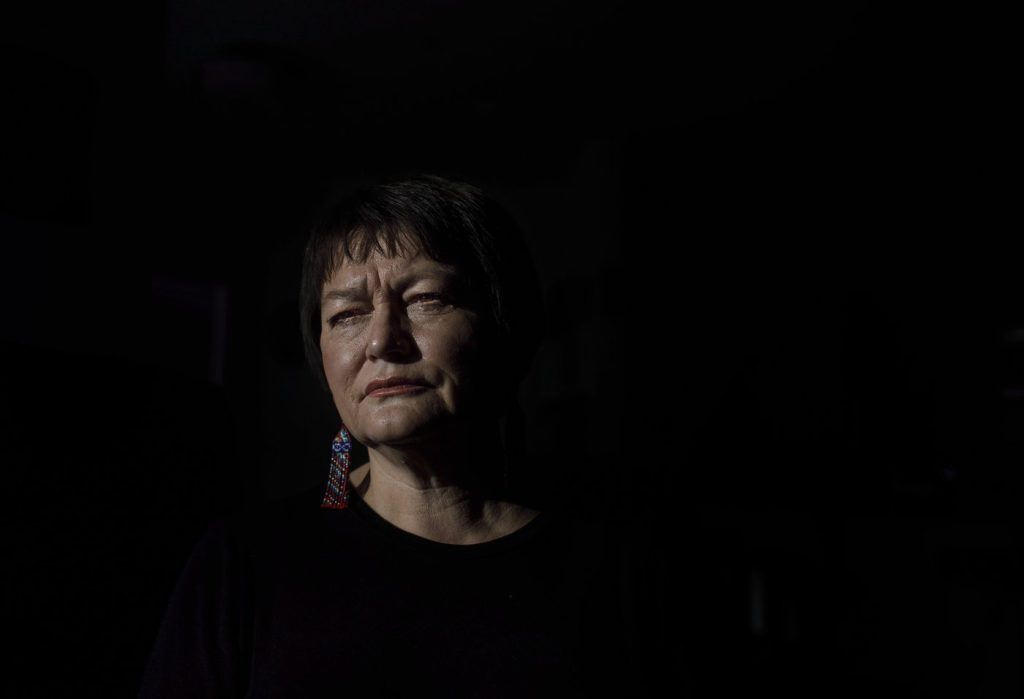OTTAWA – The Federal Court has given its approval for a class-action settlement to benefit individuals who encountered abuse at the federally managed 'Indian hospitals' in Canada. This landmark decision followed extensive out-of-court negotiations involving the federal government, Indigenous survivors, and their representatives.
The federal government operated a total of 33 Indian hospitals from 1936 until 1981. These institutions were established to provide care, yet many former patients alleged that they were plagued by severe mistreatment and abuse. A lawsuit was filed against the government in 2018 by former patients, bringing to light the harrowing experiences endured within these segregated facilities. After prolonged discussions, an out-of-court settlement was reached earlier this year.
The class action settlement includes individuals who were admitted to an Indian hospital between January 1936 and December 1981 and who suffered abuse during their time in these institutions. The compensation structure has been organized into five distinct levels, with payouts ranging from $10,000 to $200,000, depending on the severity of the abuse suffered.
In addition to individual compensation, the federal government has allocated significant funding to support healing initiatives and educational efforts. Specifically, $150 million has been set aside for a healing fund aimed at addressing the psychological and emotional impacts of this dark chapter in Canadian history. Moreover, an additional $235.5 million will be dedicated to research and educational programs focused on the history and legacy of Indian hospitals.
Ann Cecile Hardy, the representative plaintiff for the class-action lawsuit, poignantly shared her experiences earlier in the year. Having spent time in an Indian hospital for tuberculosis treatment, Hardy reflected on the trauma she faced during her stay, stating, “I was supposed to be there to heal, but instead I experienced fear, isolation, and trauma that has stayed with me for decades.” She disclosed that she was subjected to repeated sexual abuse by hospital staff and witnessed similar abuse inflicted upon other patients.
Hardy articulated the long-lasting impact of her experience, explaining, “I left the hospital physically, emotionally, psychologically battered. The abuse I suffered changed the entire course of my life.” Her brave account underscores the profound effects the systemic abuse had on individuals and highlights the necessity for accountability and reparations for survivors.
This development marks a pivotal moment in recognizing and addressing the injustices faced by Indigenous peoples in Canada. The court's approval of the settlement not only paves the way for financial restitution but also opens avenues for broader discussions around healing, education, and the acknowledgment of historical wrongs.










